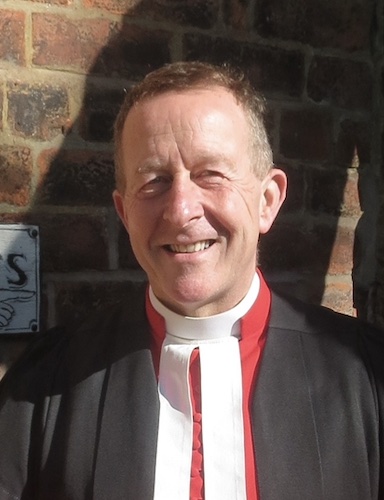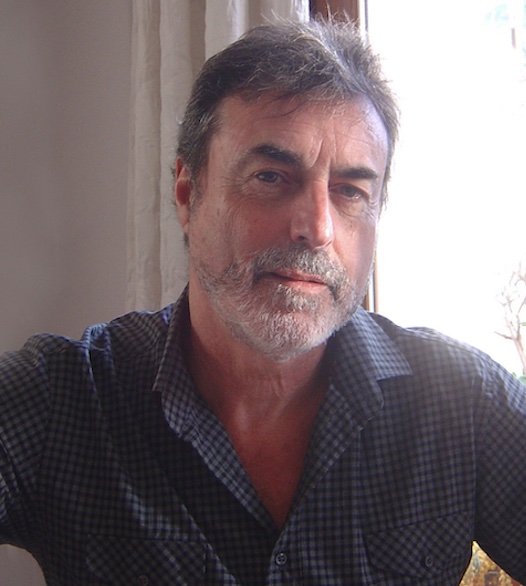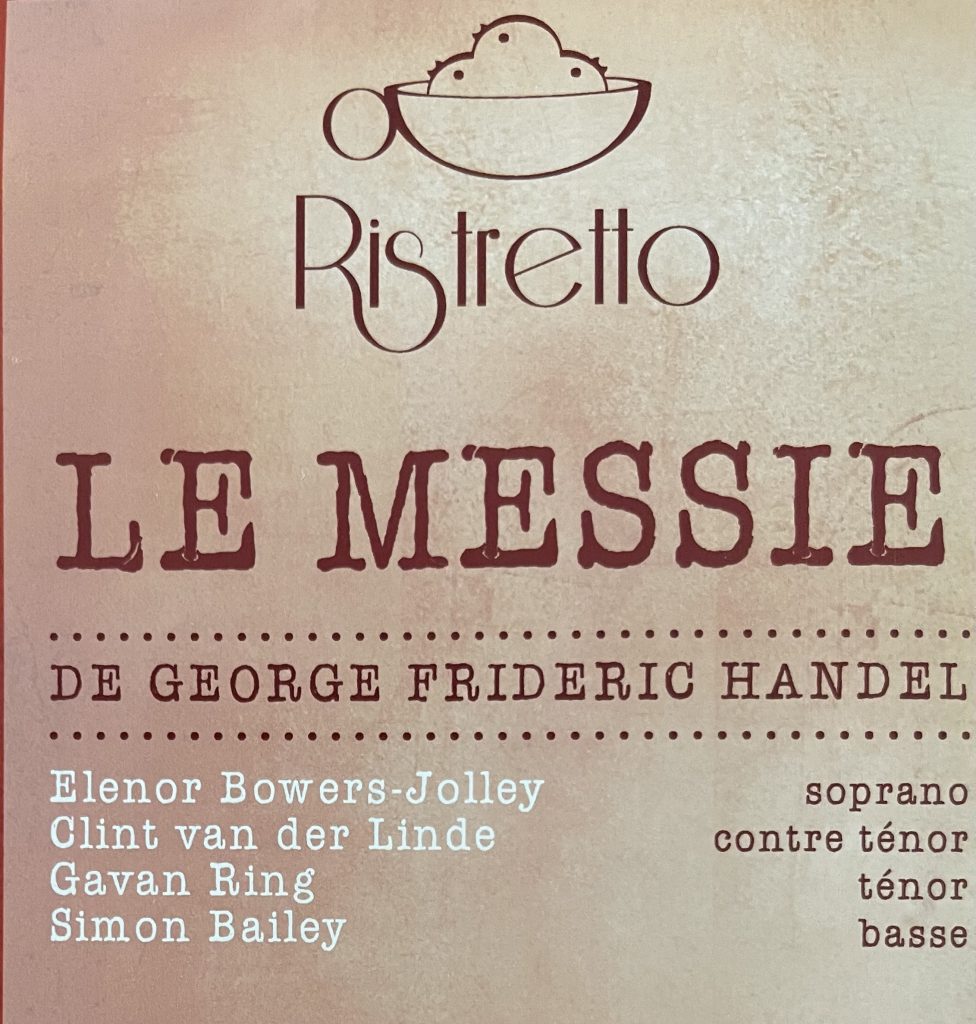Music for March
Sunday 1st 10.30am Holy Communion
Setting
Missa in tempore alligatum (Girdlestone)
Hymn
116, 658, 621, 702
Motet
Not unto us, O Lord (Walmisley)
Sunday 8th 10.30am Holy Communion
Setting
Batten Short Service
Hymn
147, 602, 669, 784
Motet
Come, Holy Ghost (Atwood)
Sunday 15th 10.30am Holy Communion
Setting
Merbecke
Hymn
537, 566, 317, 394
Motet
Ave Regina (Gounod)
Sunday 22nd 10.30am Holy Communion
Setting
Byrd – Mass in four voices
Hymn
135, 118, 142, 181
Motet
Justorum animae (Stanford)
Sunday 29th 10.30am Holy Communion
Setting
Darke in F
Hymn
161, 140, 157, 748
Motet
O come, ye servants of the Lord (Tye)
Music Matters
March
As we are now firmly into Lent, we prepare ourselves for what is musically the most inspiring period of the liturgical calendar. We have already referenced the Bach St. John and St. Matthew Passions in these pages (both, particularly the latter, being absolute cornerstones), and this coming Saturday the Ristretto singers and I will be meeting for a day’s rehearsal in anticipation of Holy Week at St. Paul’s. Our morning will be spent looking at Membra Jesu Nostri by the Danish/North German baroque composer Dieterich Buxtehude, and the afternoon getting to grips with sections of John Stainer’s much appreciated Victorian cantata The Crucifixion.
Starting with the latter composer, who as a child prodigy rattled off Bach’s Fugue in E major on the organ at the age of seven, subsequently becoming a chorister and principal boy soloist at St. Paul’s Cathedral, we can clearly see that what goes around comes around. The young Stainer sang in the first English performance of the above-mentioned Bach St. Matthew Passion in 1854, the work which almost certainly inspired him to compose The Crucifixion 33 years later.
And working backwards, Bach was in his turn an enormous admirer of Buxtehude, travelling (apparently on foot!) from Arnstadt to Lübeck – a distance of over 400 kilometres – with the express purpose of visiting the senior composer from whom he learnt an enormous amount. Membra Jesu Nostri is an incontestable masterpiece – a series of seven short cantatas lasting just under an hour in toto, each depicting a body-part of the suffering and dying Christ on the Cross. The agony, although clearly palpable, is transformed into the most miraculously uplifting and inspiring work.



